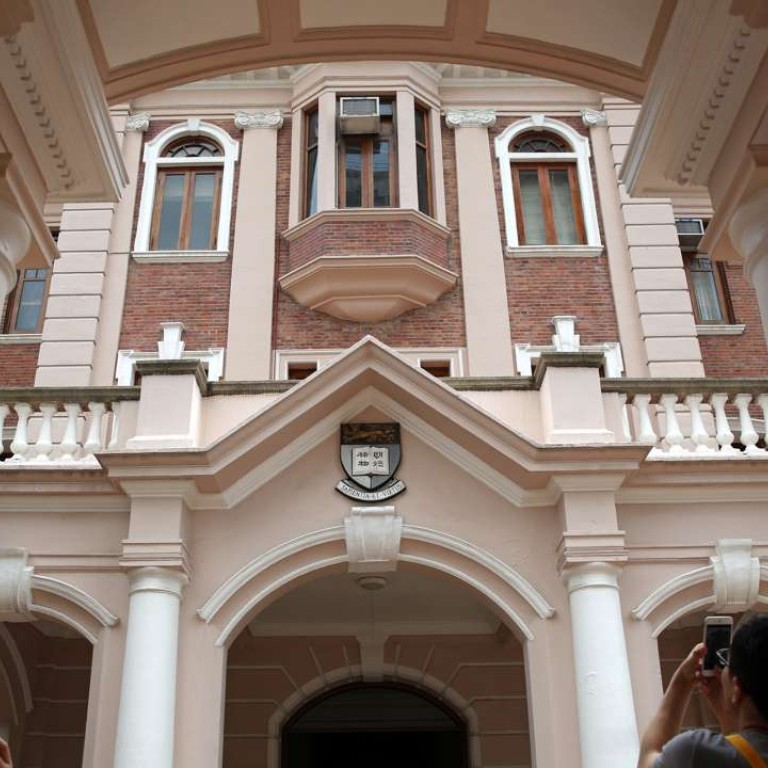
Outspoken lecturers fear they will be silenced by HKU hiring reforms
Teaching union hits out over controversial move to put hiring powers in hands of management
Academic staff will be “silenced” if proposed reforms in how professors are hired at the University of Hong Kong are pushed through, a teaching union has warned.
The proposals, listed in a confidential document, would see top HKU management adopting a more decisive role in appointments, diluting the powers of faculties and staffing committees, the South China Morning Post exclusively revealed on Saturday.
The thought of such power being placed in the hands of administrators has raised fears among the HKU Academic Staff Association, which represents about half of its 1,100 lecturers.
“Under the proposals, who will say anything? Who will be outspoken anymore? No one will say anything. Those senior staff who apply for an extension of their teaching posts won’t say anything,” association chairman William Cheung Sing-wai said.
In a letter to vice-chancellor Peter Mathieson last week, the association raised concerns about management intent to adopt an “autocratic” human resources policy that threatened to compromise academic freedom.
“They are trying to get rid of outspoken people. So, I can tell you I will be out soon,” Cheung said.
Mathieson said he had “nothing to add” on the matter.
The university said on Saturday it needed to “modernise and reform” its professional and administrative services, policies and practices.
A member of the HKU senate also said professors fearing for their jobs would not want to be seen as outspoken.
All 50 members of the senate, which oversees teaching and learning management, are bound by strict confidentiality.
“My worry is that the power will be concentrated in the hands of too few people rather than a committee,” the member said, warning the move would “instil fear in more vocal staff members”.
A raft of changes presented to the senate was spelled out in the document from a July 5 meeting.
• Mathieson and deputy vice-chancellor Paul Tam Kwong-hang would have the final say on hiring new professors. The recently appointed pro-vice-chancellor for academic staffing and resources, Terry Au Kit-fong, would scrutinise appointments of associate and assistant professors.
• Faculty deans would be given new powers to endorse academic appointments on the advice of a body of committees, whose current powers would be downgraded to advisory status.
• Faculties would lose their power to directly appoint assistant professors.
The proposals may trigger yet more controversy a year after the appointment of liberal law professor Johannes Chan Man-mun to pro-vice-chancellor was blocked by the governing council, leaving the university bitterly divided.
Asked for comment, the Education Bureau said it was up to individual institutions to make their own rules, and it would “respect and safeguard academic freedom and institutional autonomy” by leaving universities to decide the selection of faculty, students, curriculum and academic standards.
John Wan Chung-on, chairman of the University of Hong Kong Convocation – a statutory body comprising 162,000 graduates and lecturers – refused to be drawn on the revelations.
“The appointment of teaching staff at all levels is a matter for the university management who should be left to do the jobs they are tasked to perform in order that the university may attain its vision of becoming Asia’s global university,” Wan said.

